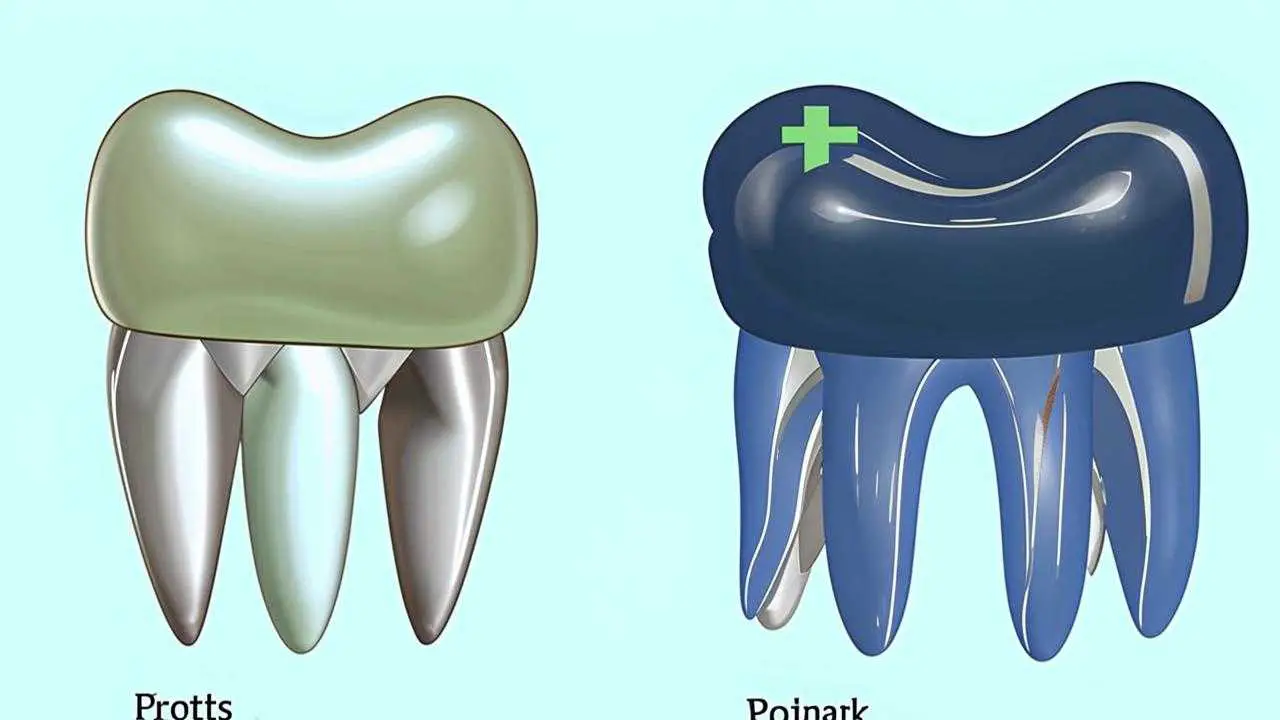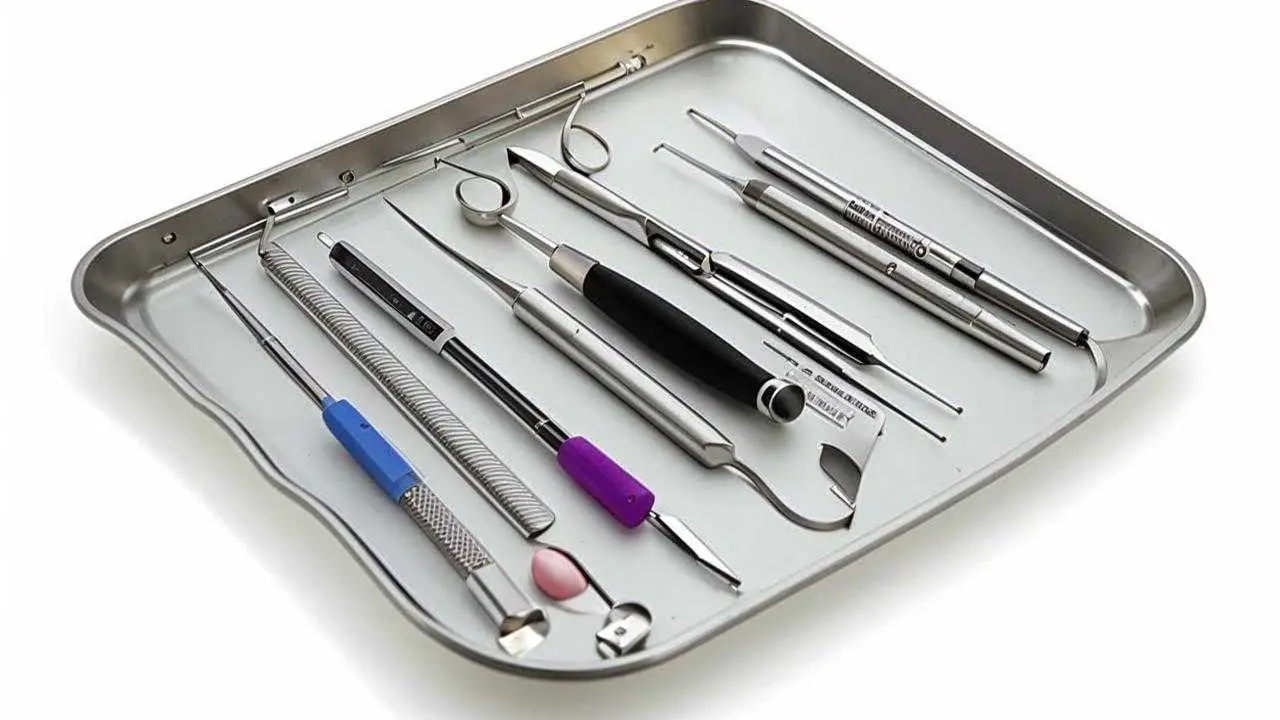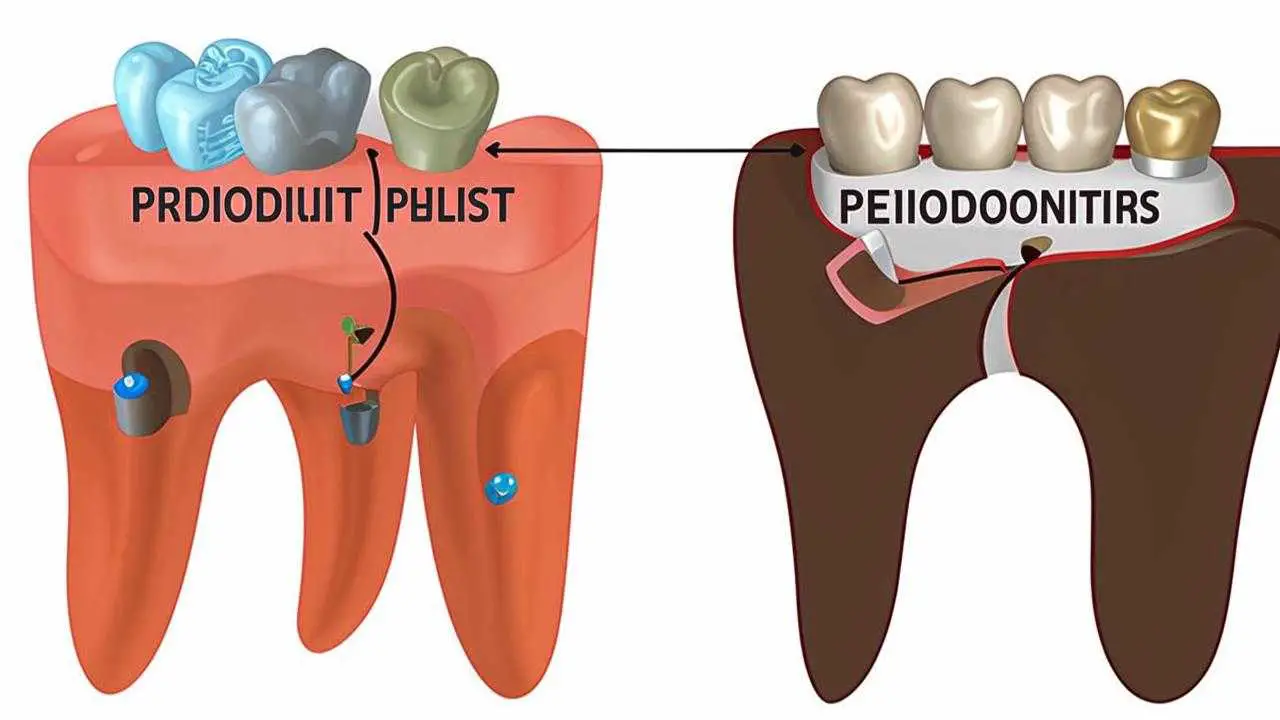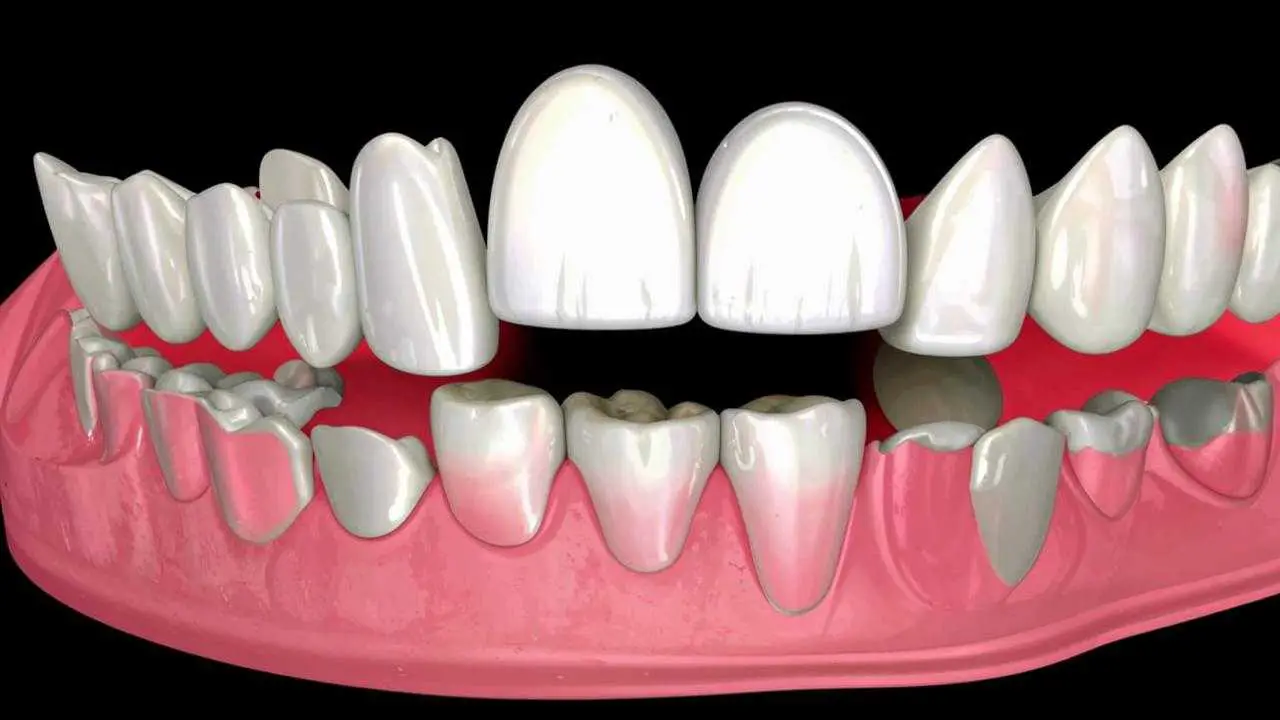An unpleasant odor from under the crown of the tooth indicates that food residues have gotten under the restoration. They decompose, multiplying the number of bacteria daily and hourly. Pathogens penetrate the hard tissues of the tooth, because the tooth is ground down and there is no protective barrier. The hard tissue begins to rot. In most cases, teeth are depulped before dentures. They remove the nerve-vascular bundle, the pulp, which in its intact state signals problems with pain. Without the pulp, pain is absent and it is not uncommon for caries to completely destroy the hard tissue.
Symptoms of infection may be only sudden loosening of the crown due to tissue loss and a putrid odor.
Causes of tooth odor under the crown
Most often, it is incompetence of the doctor. The desire to save money can lead to a small dentistry with an inexperienced doctor. This, in turn, affects treatment planning, tooth preparation, taking impressions, determining occlusion (tooth contact). As a result, the restoration fits loosely and food gets trapped underneath. Decomposition products are bacteria’s favorite diet. When their concentration reaches its peak, decay develops.
The competence of the technician who makes the crown is also important. It is not without reason that dentists recommend choosing clinics with their own laboratory. In such dental clinics, technicians and prosthodontists work together and understand each other well. The result is a filigree restoration that fits tightly to the gum without leaving micro-holes.
One of the reasons that there is an odor from under the dental crown after placement may be poor retention. This is due to:
- incorrect choice of material for fixation;
- a violation of the technology of dental cement;
- uneven compression of the restoration during placement.
As a result, the denture fits loosely, wobbles, food gets underneath it and decay develops.
But sometimes the odor is not the fault of the doctor. Oral hygiene is the patient’s responsibility. Alas, we do not always use dental floss, rinse our mouths after eating, and most of us brush our teeth not for 2 minutes, but for a dozen seconds. This leads to the fact that at the edge of the crown begin to accumulate bacteria, their number is growing and, finding a tiny gap between the gum and the crown, they penetrate under it. And there – a dark, moist space, a perfect environment for multiplication. A carious cavity is formed, and this is already a place for food residue and dead tissue. As a result, the tooth rots under the crown, and at one point it can simply fall out, because the tissue on which it was held, has become insufficient.
How to realize that the tooth is rotting
Patients can not always understand whether there is an odor from the crown. This is most often told to them by loved ones. Inflammatory processes are also accompanied by an unpleasant taste in the mouth. And not only in the morning, but soon after brushing or rinsing. This is a signal that there is an accumulation of bacteria in the oral cavity.
You should make an appointment with a doctor without delay, if:
- your breath smells bad;
- food gets under the denture;
- there is darkening (decay) at the lower edge of the restoration;
- in the case of a ceramic restoration, it is evident that the tooth under the crown has darkened.
What to do if there is an odor under the crown
Herbal rinses or applications are not able to stop the process of destruction of dental tissue. Moreover, the use of folk remedies can postpone a visit to the doctor, delaying the time. And here already a small caries provokes a large inflammation. If at the initial stages of the tooth can be cured, then in neglected cases it has to be removed. And if it is possible to save it, the treatment is long and expensive.
Sometimes, pus under the crown accumulates in periodontal pockets. The gum peels away from the neck of the tooth, bacteria get into the gap, forming, together with decay products and minerals, first plaque and then tartar. Without professional cleaning of the pockets (curettage), it is easy to lose a tooth. Festering of gum pockets is possible even if the crown is placed on an implant. Most often, if the technology has been compromised or if the implant has been selected incorrectly.
It is not possible to make a diagnosis on your own. The dentist relies not only on the examination data, but also on X-rays. It clearly shows carious lesions or inflammatory processes. The diagnosis determines the treatment and the prognosis for preserving the tooth.
What the dentist does
First of all, he will check whether the denture fits snugly. Then he will make sure that there is no decay or periodontal pocket at the edge of the crown. He or she will also do a radiologic examination. X-rays will show whether the decay remains on the surface or has penetrated deep into the tissue, causing inflammation.
In most cases, the crown will have to be removed. If the problem is caused by poor fixation, or the crown has already fallen out on its own, it can be used again, but most often the prosthetics will have to be done again.
At the initial stage, the decay is removed, the cavity is filled with filling material and prosthetics are performed.
In the case of significant destruction, but the root is preserved, dentures on a post are used. A fiberglass post is inserted into the root. It ensures the stability of the tooth and prevents the thin walls from collapsing. Then a crown is placed.
In case of significant(more than 60%) destruction, an inlay under the stump is used. This is a microprosthesis, which consists of a root part and a crown part. The first is inserted into the root, and the second serves as a base on which the prosthesis is placed.
If pus is released from the gingival pockets, the dentist performs an operation – curettage. He cleans the surface from plaque and stone, disinfects them. Additional treatment may be needed to prevent the teeth from loosening and falling out.
Complications of rotten teeth
You shouldn’t self-medicate or put off going to the dentist if it stinks from under the crown. Untreated tooth decay can cause complications that lead to tooth loss and can provoke general somatic diseases.
The periodontium is connective tissue, part of the complex mechanism that holds the tooth in the jaw. If germs penetrate it, the root of the tooth becomes inflamed and periodontitis begins. It develops gradually and symptoms become noticeable when the disease has already taken a protracted character. In case of neglected periodontitis, the roots are exposed, the gums begin to bleed. On the root may form cysts with purulent content. Treatment of periodontitis is complex and includes surgical methods: removal of the root tip, one root in multi-rooted teeth, tooth separation or root amputation.
The pulp is not always removed in preparation for dentures. If it is not removed, it can become inflamed and cause a lot of trouble. Pulpitis, inflammation of the pulp, is accompanied by severe pain. Treatment is surgical – depulpation, and then re-denture.
- Cysts, abscesses
Any purulent formation can cause serious complications, because the infection is spread throughout the body with the bloodstream. If abscesses or cysts are not removed in time, it can cause serious diseases such as osteomyelitis.
Prevención
The answer to the question of how to get rid of the odor under the crown, is unambiguous: visit the doctor, and do not delay.
But it is better to take preventive measures to prevent the odor from appearing at all.
Prosthetics is a process that requires careful planning. To reduce the risks, you need to carefully choose a clinic. Preferably one that:
- employs dentists with extensive experience and high qualifications;
- apply new technologies;
- buy materials directly from manufacturers;
- make prostheses in their own dental laboratory
After the installation of the crown, the patient needs to follow the recommendations of the doctor. Basically, they relate to oral hygiene. To prevent anything from rotting under the crown, it is enough to observe the usual measures: brush your teeth 2 times a day, floss. Rinse your mouth after meals. Regular professional teeth cleaning. Simple care prevents many dental diseases.
Another recommendation: crowns should be replaced regularly. Over time, the cement loses its properties, the fixation is broken and there is a risk of tooth decay. In addition, the relief of the oral cavity, the contour of the gum changes. The crown no longer fits so tightly, opening the way for bacteria.
Simple measures will eliminate the causes of tooth decay and prevent unpleasant odor from under the crown.



